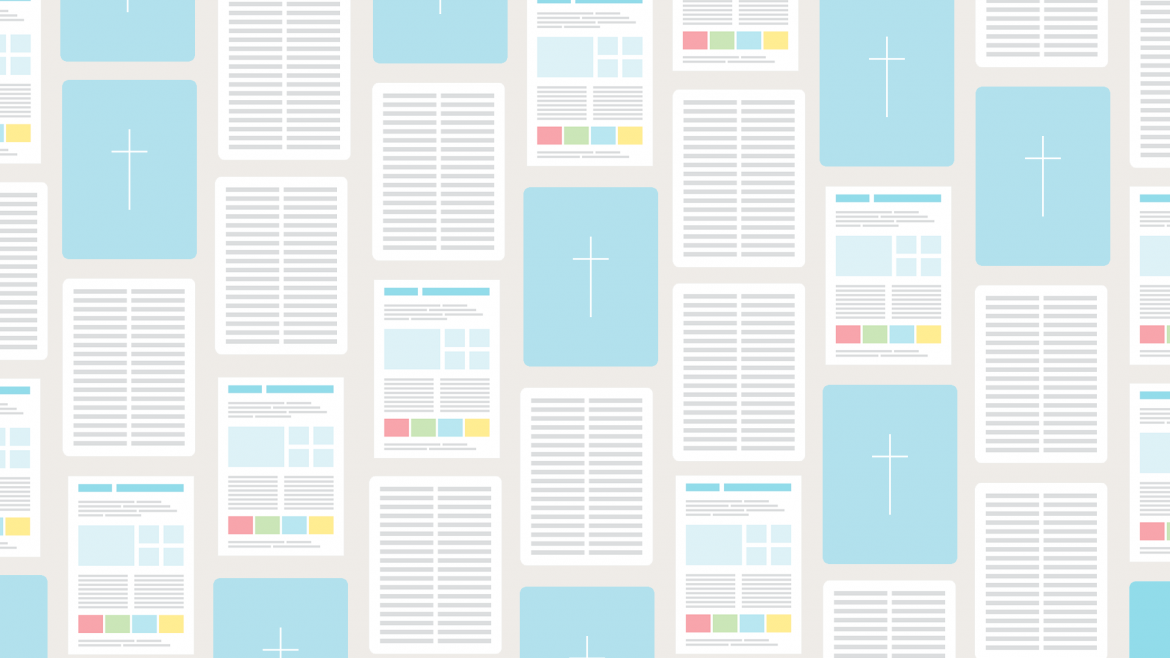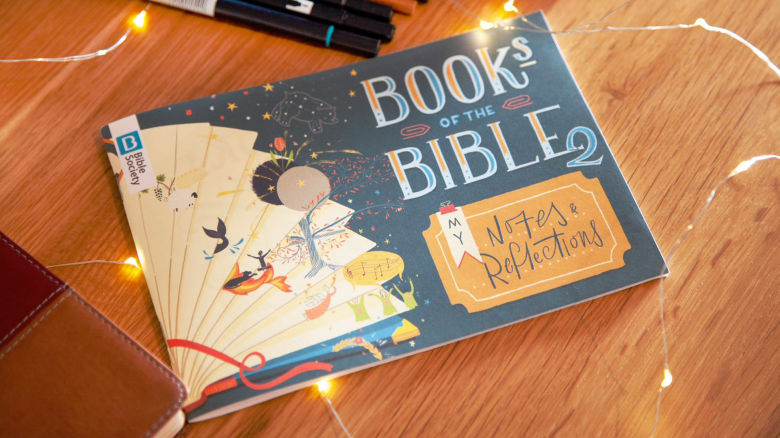Like the book of Haggai, Zechariah is set around 520–516 BC. It is concerned with the urgent need to rebuild the temple in Jerusalem after the exile. Zechariah contains a collection of both verbal messages and visions which act to encourage the leaders of the people to carry on rebuilding the temple. Zechariah is often seen to have two halves: the first half of the book (chapters 1–6) contains a mixture of visions and prophecies; the second half of the book (chapters 9–14) contains two long prophecies.
He said to me, 'This is the word of the Lord to Zerubbabel: Not by might, nor by power, but by my spirit, says the Lord of hosts.' (Zechariah 4.6)
4Thus says the Lord of hosts: Old men and old women shall again sit in the streets of Jerusalem, each with staff in hand because of their great age. 5And the streets of the city shall be full of boys and girls playing in its streets. (Zechariah 8.4–5)
Rejoice greatly, O daughter Zion! Shout aloud, O daughter Jerusalem! Lo, your king comes to you; triumphant and victorious is he, humble and riding on a donkey, on a colt, the foal of a donkey. (Zechariah 9.9)
And I will pour out a spirit of compassion and supplication on the house of David and the inhabitants of Jerusalem, so that, when they look on the one whom they have pierced, they shall mourn for him, as one mourns for an only child, and weep bitterly over him, as one weeps over a firstborn. (Zechariah 12.10)
The book doesn’t really hang together so it can be hard to keep up with what is being talked about at any one moment.
The prophecies are ascribed to Zechariah son of Berechiah son of Iddo (1.1).
The second half of the book (chapters 9–14) feels very different from the first half so some suggest it was written by a different but unknown author.
Iddo was the head of one of the priestly families who returned to Jerusalem after the exile and Zechariah was his grandson. Some suggest that Zechariah was a young boy when he returned with his family.
The exiles were allowed to return from Babylon by King Cyrus in 538 BC. The first exiles began to return shortly after this. Zechariah (and its companion book Haggai) come from this period and reflect a little of what it was like in that time.
This marks the start of the Second Temple period, which stretches from the time of Haggai and Zechariah until the temple's destruction in AD 70 by the Romans.
Reading between the lines of Haggai and Zechariah, the people were feeling an odd mix of hopeful (due to the exile ending) and miserable (since their return was not as comfortable and prosperous as they had hoped).
The very end of 2 Chronicles and Haggai
Prophecy. Zechariah is an unusual prophetic book in that it contains more visions than any other prophetic book in the Bible (more even than Ezekiel and Jeremiah). The visions in the first half of the book are quite like the apocalyptic visions that can be found in, for example, Daniel and Revelation.
The book also changes tone halfway through so that the second half of the book has a very different feel from the first half.
1.1–6 Opening message on the importance of repentance
1.7–17 First vision – a man on a red horse among myrtle trees
1.18–21 Second vision – a vision of four horns
2.1–5 Third vision – a man with a measuring line
2.6–13 A prophecy about the coming destruction of those who have harmed Judah
3.1–10 Fourth vision – a vision of Joshua, the angel of the Lord and Satan
4.1–14 Fifth vision – a golden lampstand
5.1–4 Sixth vision – a flying scroll
5.5–11 Seventh vision – a basket of sin
6.1–8 Eighth vision – four chariots
6.9–15 The coronation and commissioning of the king and a priest
7.1–8.23 Prophecy about how to worship
9.1–11.17 Prophecy of judgement on Judah’s enemies and of the restoration of Judah
12.1–14.21 Prophecy of victory for Jerusalem
There will be lots of names you will not know, don’t worry if you can’t place them all. The key ones are given below.
Aram, Ashdod, Ashkelon, Assyria, Babylon, Bashan, Damascus, Ephraim, Jerusalem, Judah, Lebanon, Mount of Olives, Negeb, Philistia, Shephelah, Sidon, Tyre, Zion
Zerubbabel, Joshua, Darius, Iddo, Israel, Benjamin, Jebusites, Joshua the High Priest, Josiah, Levi
Chislev, post-exilic period, Altar, High Priest, lampstand, priest
Angels appear throughout this book (21 times in all); look out for them as you read.
Many people think the tone and style of the book changes at chapter 9. See what you think when you get to it.
The early visions (chapters 1–8) contain elements like horns and men riding horses, which are familiar from both Daniel and Revelation. Look out for motifs you recognise from other books in what you read here.
One of the big themes of Zechariah is forgiveness. Reflect on what Zechariah thinks forgiveness is and what we might learn from that for ourselves.

Here are 8 handy tips to get your book club up and running.

Here are some ideas to get you started.

Unsure of the meaning of a word or phrase in the Bible? Check our glossary of terms.
Books of the Bible journal: 2nd Edition
Journey through the Bible, one book at a time, with the 2nd edition of our Books of the Bible journal.
